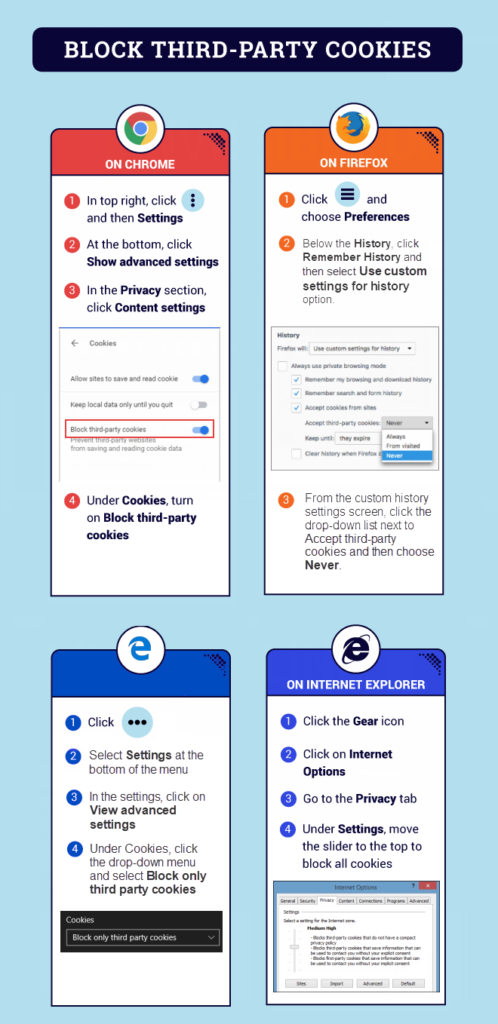
How to Keep You Online Surfing Safer – 4 tips
This article is about how to Keep You Online Surfing Safer. It is important to make yourself almost invisible online, so that you can be anonymous, avoid ads, avoid speeders, block people and -run, and prevent privacy violations.
This article provides some tips to help you navigate the Internet safely. Protect your personal information online
1. Lock your connection
Secure your online account by activating the most powerful authentication tools available, such as biometrics, security keys, or one-time codes through an app on your mobile device.
In some cases, our usernames and passwords are not enough to protect basic accounts such as email, banking and social media.
Be sure to disable the website to remember your login credentials for critical accounts.

Lock your connection
2. Make your password a sentence.
A strong password is a complete phrase. The idea of creating a sentence that you will remember quickly, but no one else will think to tell you.
Example:
Personal Statement: It’s a sunny Friday afternoon…
Password: Iw@s&b5a
Personal Statement: My father’s birthday is the 24th of October 1968
Password: mFb!024n$8
Instructions: Choose the first letter of each word, replace some letters with special symbols, and replace some letters with easy-to-remember numbers.
3. One account, one password
Having different passwords for each account helps prevent cybercriminals. At the very least, separate your work and personal accounts and make sure your critical accounts have the strongest passwords.
4. Protect password.
If you forget your password, write it down when you create a new one or change your password, be sure to keep it in a safe place. Enter the password
Stay private on the Internet
Personal information is big business. Information about you, such as your purchase history or location, has value, like money.
These tips are the best way to reduce the amount of information you share online.

- Use the burner’s email.
- Use email encryption.
- Go private on social platforms.
- Talk about cryptocurrency.
- Browse the web in incognito mode.
- Install a Virtual Private Network (VPN).
- Block trackers.
- Use HTTPS websites.
- Use secure cloud storage.
- Stay private on the Internet
- Use Incognito mode safely
You can make yourself invisible in your browser by using incognito mode, which prevents tracking information from your browser and prevents websites from collecting browsing information.
These steps explain how to enable private browsing mode in Google Chrome and Firefox and how to open private browsing in IE and Microsoft Edge.
Use incognito mode
iOS Browser View:
How to Private Browsing on iPhone/iPad/Mac.
Block third-party cookies

Cookies are small data files that allow external sites to remember information about you. Blocking cookies prevents your online activity from being tracked.
Block third-party cookies
Note: Hide on social media, such as Facebook, Twitter, Instagram, Snap-chat, see the visual guide.
Stay anonymous on your phone
In case of mobile attack, you need to make sure that your mobile service is not accessible. With the right settings, you’ll be able to disable website tracking data while you’re browsing.



